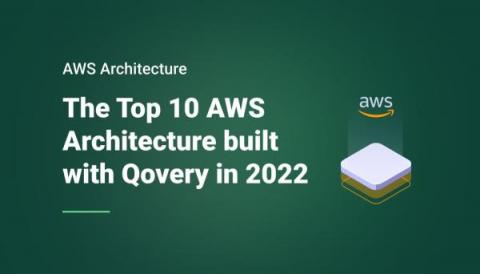Confidential Computing and financial services cloud
Cloud computing has been transforming financial IT infrastructure into a utility allowing financial institutions (FIs) to access computing resources on-demand letting FIs offload costs and effort of setting-up and managing their own on-premises infrastructure, improving agility and time to business value. As more and more financial institutions rely on hybrid cloud services, data security in the cloud is a business imperative.











